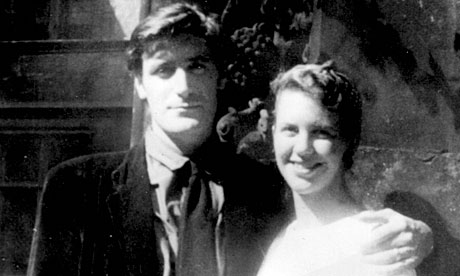 Following his bestselling 2006 debut, Before I Wake, Wiersema returns to his exquisitely plotted blend of supernatural thriller and domestic drama.
Following his bestselling 2006 debut, Before I Wake, Wiersema returns to his exquisitely plotted blend of supernatural thriller and domestic drama.Novelist Christopher Knox began his writing career with a bang. The echo of that success still rings in his ears as he sets to work every morning on his second novel, ten years later. His wife feels like a single parent, and with Chris living in exile in a studio above their garage, it won't be long before she is.
Chris discovers a fantasy novel by an obscure author he loved as a child and gives it to his son, David. Father reads to son nightly, and To the Four Directions soon enthralls him. Until one night, when young David is reading alone, an inexplicable seizure leaves him in a mysterious state of unconsciousness. As his seizure recurs every night, his father learns that only one thing will calm it, a bedtime story from his strange new book.
Convinced that the secret of David's collapse is within its pages, Chris traverses the continent in search of the truth. Meanwhile, David wakes up within the story he has been reading, and as his father struggles to free him David struggles to survive, facing perils unimaginable in a world created to capture the hearts and souls of children like him. Both father and son are headed toward a fateful collision of worlds, and a showdown with ancient evils, both fictional and very real.







 "Last Letter", found by Melvyn Bragg in the British Library with the help of Hughes's widow Carol, and
"Last Letter", found by Melvyn Bragg in the British Library with the help of Hughes's widow Carol, and 


